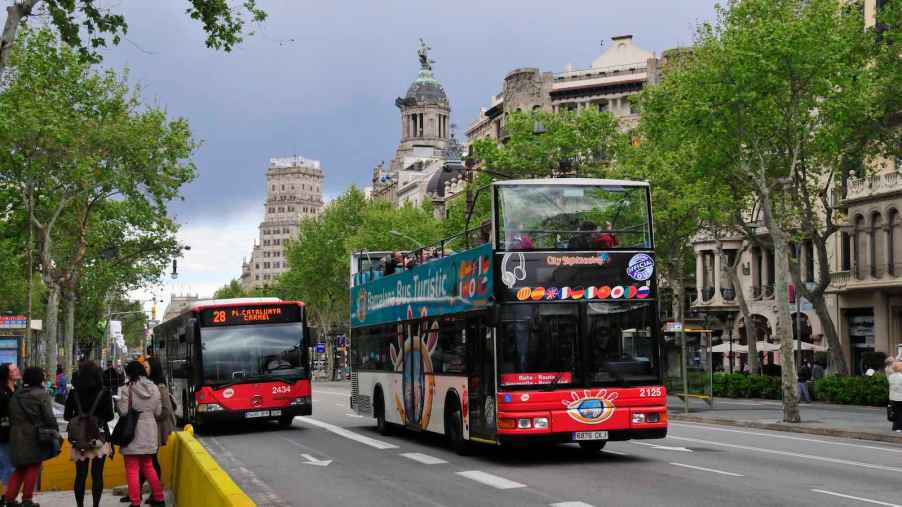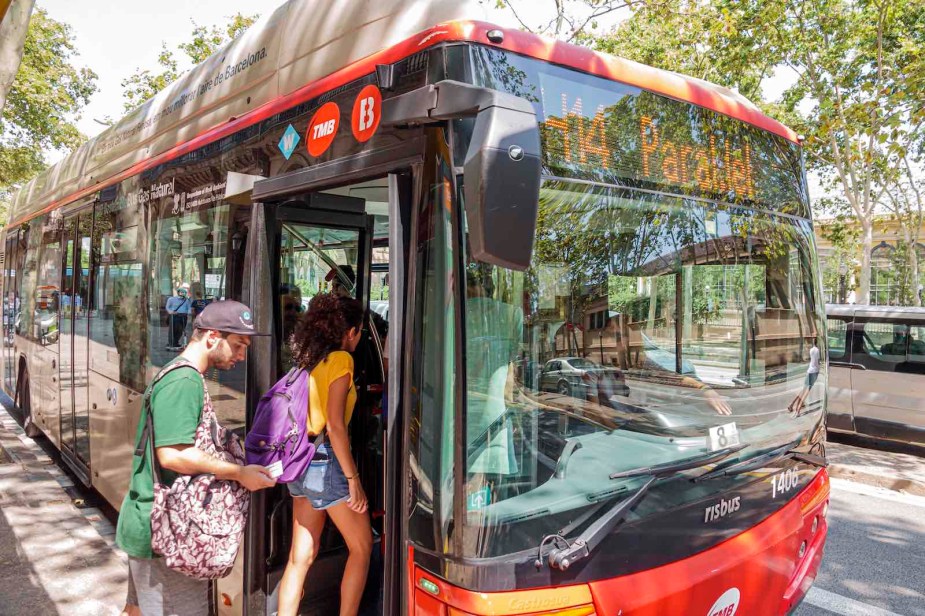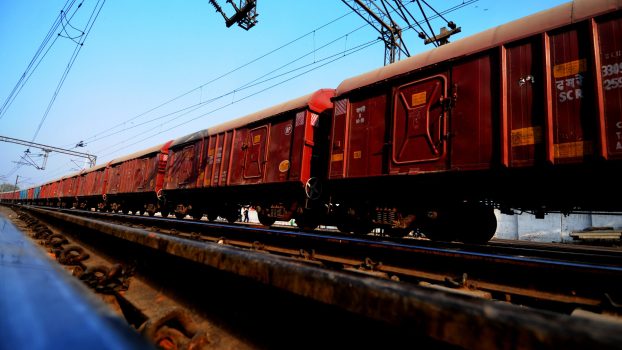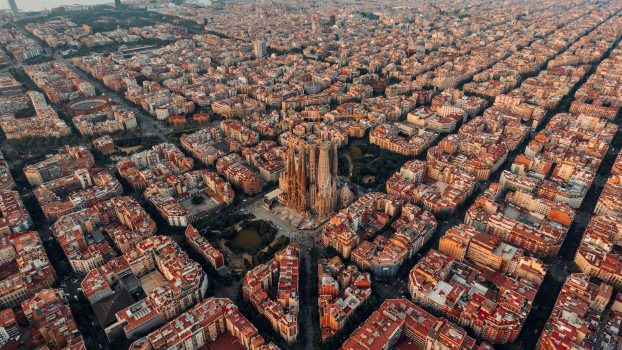
Barcelona to Power Sustainable City Buses with…Sewage?
A university in Barcelona has discovered brown nuggets might be the new gold. The city is all about it, and has already started work on a bus fleet that its pooping populace will power with their next deposit in the porcelain bank.
I swear, I’m not full of bullshit. The project is called NIMBUS, which of course is a portmanteau for Non-IMpact BUS. Or in this case, a porta-potty-manteau.
How in the world can a bus motor run on fudgesicle fuel? As any elementary school student can tell you, poop produces gas. And if those students aren’t busy making fart noises in science class, they’ll learn that this gas is produced by microorganisms breaking down leftover organic matter.

Barcelona found that if it hangs on to the sludge leftover from filtering out water in a water treatment plant, gas production continues through a process called anaerobic digestion. Methane gas specifically can power engines built for natural gases such as propane.
The technical word for this fuel is “biomethane.” And recycling Chewbacca chunks is far from the only way to produce it. At the opposite end of the European Peninsula, the Glenfiddich Scotch distillery found it could use barley leftover from the whiskey-making process to produce enough biogas for its delivery truck fleet. Cheers!
“Waste recovery projects to promote sustainable mobility in cities are necessary to achieve an ecological transformation of our environment and are a clear example of our commitment to a model that respects the environment, based on the circular economy and sustainable development.”
Rubén Ruiz, general manager of Aigües de Barcelona
From an environmental standpoint, Barcelona is double-dipping. Shit happens, and disposing of that final sludge leftover from the water treatment plant is a pain. New York City loads it on a poop train and buries it in Alabama. No, I’m still not making this up. So transforming that sludge into energy is a key part of Barcelona’s “circular economy” plan. You might call it dropping a load. Environmentally-speaking.
Javier Lafuente of the Universitat Autònoma de Barcelona said, “This technology fits perfectly into the current paradigm shift in which water treatment must become an opportunity to recover resources, both material and energy-wise.”
So this summer, before Barcelona residents can use public transit to drop their kids off at the pool, they may have to drop the kids off at the pool.
Next, read about how Glenfiddich scotch byproducts fuel trucks, or learn some other ways Barcelona has been revolutionize urban planning and transportation for 100 years in the video below:






